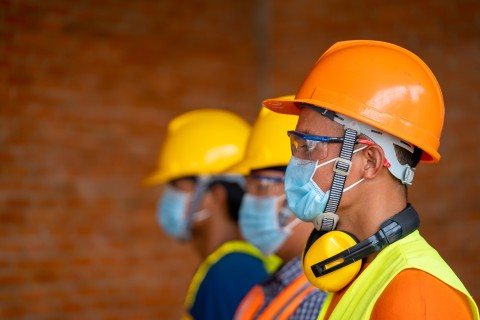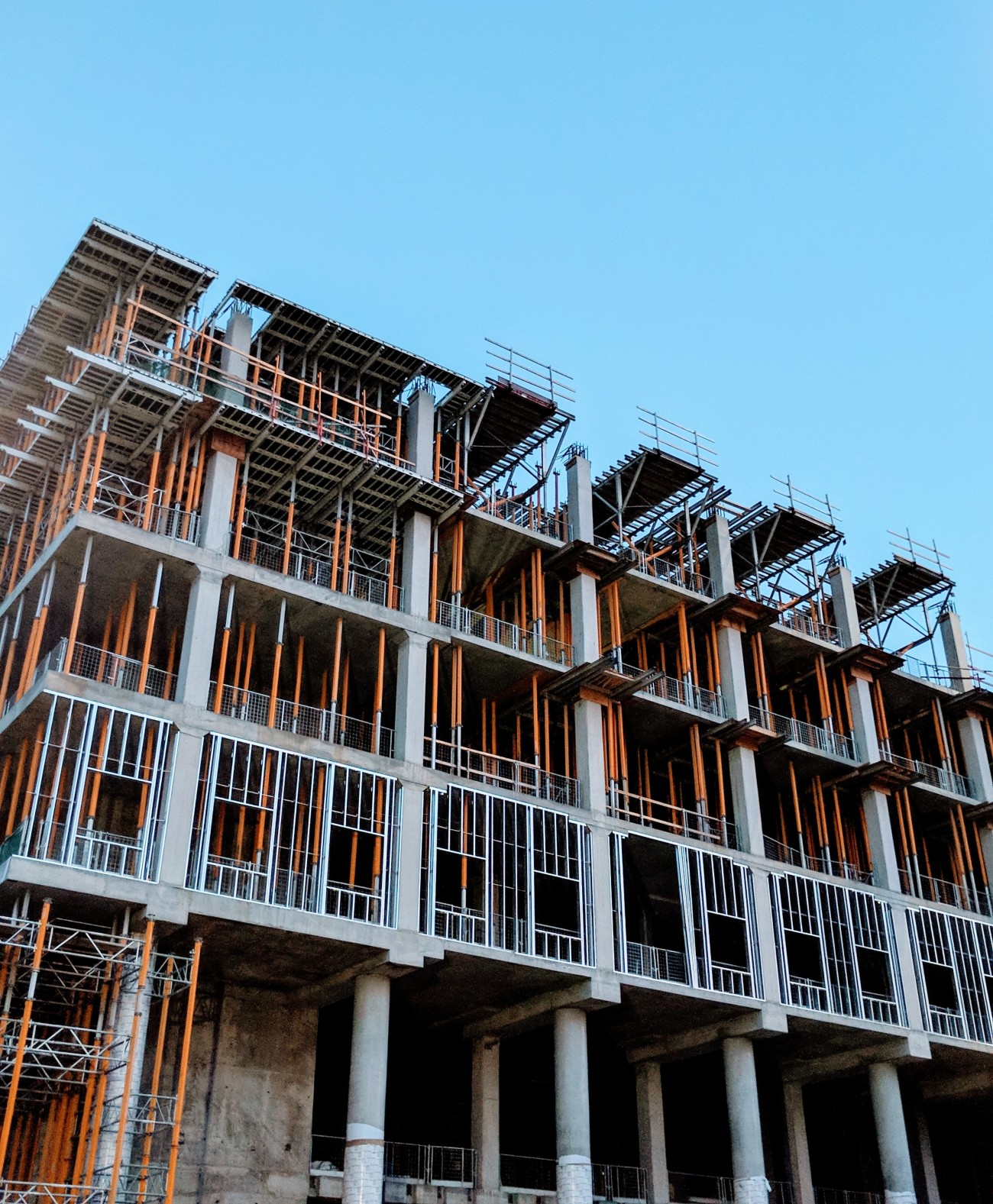

Why Unions Matter
Why Unions and Made in America Matter – For Workers, Workplaces and Communities
Unions play a pivotal role in benefiting workers, improving workplaces, and contributing to the social good. By raising wages and benefits and reducing income disparities, unions empower workers while fostering economic justice. But besides economic benefits, unions create more productive and safer workplaces, offering training programs, reducing turnover, and ensuring compliance with safety and health standards that lower on-the-job injuries, illnesses and fatalities. And their influence extends beyond the workplace, driving societal progress by revitalizing local economies, advancing clean energy initiatives, and promoting fair labor practices.

Worker Benefits
Unions deliver impactful benefits to workers by raising wages, improving compensation, and reducing income disparities - particularly for women and workers of color. Unionized workers earn significantly higher wages—11.2% more across industries—with Black union members earning 13.7% more and Hispanic members earning 20.1% more than their non-union counterparts.
Beyond wages, unions are successful negotiators for more robust benefits, including employer-sponsored health insurance, with 96% of union workers covered compared to just 69% of non-union workers, and more generous retirement plans, with employers contributing 28% more to pensions. Unions help close wage gaps, with women in unions earning 94 cents for every dollar earned by male counterparts, compared to 78 cents for non-union women, while Black union members earn 16.4% more than non-union Black workers.

Workplace Benefits
Unions are vital in boosting productivity and ensuring workplace safety by investing in skilled labor, comprehensive training, and strict adherence to safety and health rules and standards. Through training programs and robust safety protocols, unions cultivate highly skilled workforces that improve efficiency and ensure adherence to safety regulations. A study analyzing 20,000 projects found union labor to be 14% more productive than non-union labor, as union projects experienced a 40% lower likelihood of skilled labor shortages and a third less turnover rate.
These benefits extend to workplace safety, where a 2022 analysis found unionized nursing homes lost 10.8% fewer residents to COVID-19 and experienced 6.8% lower COVID-19 infection rates than their non-unionized counterparts. Unionized construction worksites record 34% fewer OSHA violations and fewer on-the-job fatalities compared to non-union peers. This is particularly relevant as – according to the Bureau of Labor Statistics - workplace fatalities have increased by 5.7% in recent years, with Latino and Black workers experiencing a higher average workplace death rate. Most union agreements explicitly indicate that the employer has to follow health and safety laws, and while union representation doesn’t solve all workplace safety problems, workers are better trained and less likely to be injured on the job. A 2021 study from the Illinois Economic Policy Institute found that while unions represent 14% of the construction industry employees, their employers account for only 5% of the industry’s OSHA violations.

Other Benefits
In addition to individual and workplace benefits, unions drive broader societal progress. Unions are vital to building stronger, healthier communities by improving housing, revitalizing local economies, and enhancing civic engagement. Through their skilled workforce, unions play a critical role in growing the clean economy, such as replacing lead pipes to ensure safe drinking water and installing renewable energy systems for sustainable living. By advocating for stronger labor standards and local sourcing, unions foster economic growth, diversify regional economies, and create high-quality jobs that uplift local residents. Collective bargaining empowers workers to secure fair wages, safe conditions and help industry standards that reap benefits for non-union workplaces. Research further highlights their positive impact on well-being, including improved happiness, financial security, and personal health.
Many of the industries making efficient and healthier building products have union workers. The BlueGreen Alliance’s Building Clean program aims to improve efficiency, health and equity in housing and create good jobs. Building Clean has identified union workers at over 350 U.S. manufacturing locations and created a tool to help builders identify them.
Why "Buy America?"
Buying products from U.S. manufacturers is more than just a patriotic choice – it's an investment in the nation’s economy, workforce, and environment that strengthens the pathway to the middle class. Manufacturing wages and benefits are, on average, 13% higher then those in non-manufacturing industries, with Black and Hispanic workers seeing significant earnings boosts. But domestic manufacturing doesn’t just benefit the workers on the factory floor; it drives economic activity throughout an extensive supply chain, creating additional jobs in industries such as transportation, logistics, and raw material production. Manufacturing has a larger share of private-sector economic activity than other sectors, fueling economic growth and tax revenue – particularly in rural communities in heavy manufacturing states. Every dollar spent on U.S. manufacturing generates nearly double its value in economic activity, reinforcing the strength of local economies. By supporting policies that prioritize domestic manufacturing - such as requiring American-made products in government-funded projects - we can ensure that taxpayer dollars are reinvested in American jobs and communities.
Beyond economic benefits, buying "Made in America” products also supports environmental sustainability. American manufacturing is typically less carbon-intensive than that of global competitors. This means that products made in the U.S. have a lower environmental impact, reducing emissions tied to both production and transportation. By choosing American-made, consumers and businesses help secure a future where strong manufacturing supports not only workers and communities but also a more sustainable and self-reliant economy.